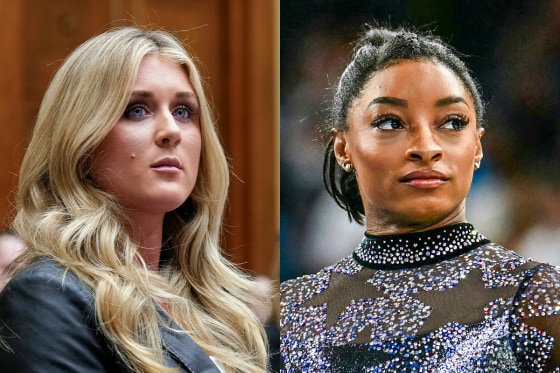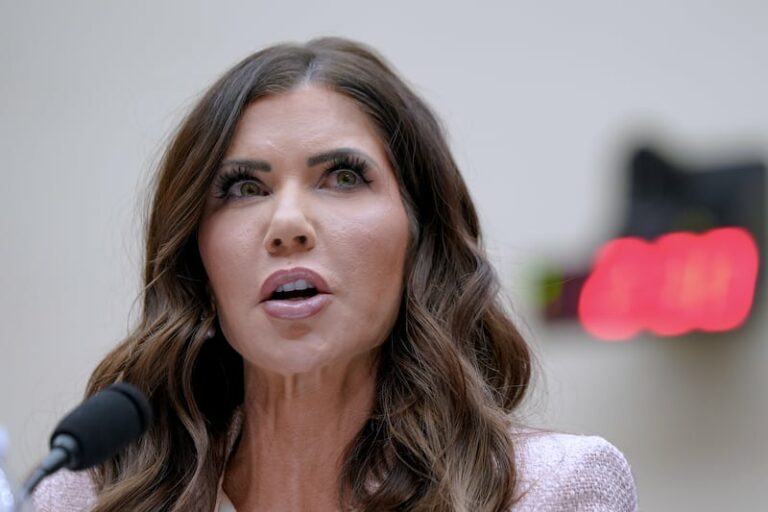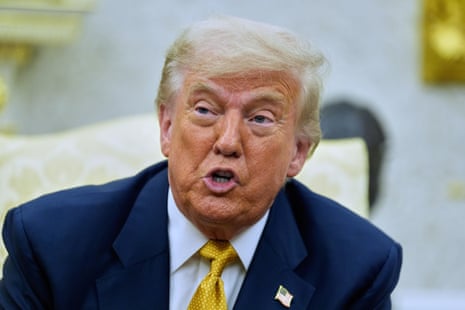Riley Gaines vs. Simone Biles: Navigating the Complex World of Transgender Athletes in Sports
In recent months, the conversation surrounding transgender athletes has escalated dramatically, particularly with high-profile figures like Riley Gaines and Simone Biles taking center stage. The discourse not only impacts the realm of sports but also resonates with broader societal issues involving gender identity, equity, and fairness. In this blog post, we will explore the implications of these discussions, specifically focusing on the contrasting perspectives of Gaines and Biles and the overall impact on competitive sports.
The Background: Who are Riley Gaines and Simone Biles?
Riley Gaines is a prominent figure in collegiate swimming, known for her competitive spirit and staunch advocacy for fair play in athletics. As a vocal opponent of the inclusion of transgender women in female sports, Gaines has gained significant media attention, sparking debates on various platforms about what constitutes fairness and equity in sports.
On the other hand, Simone Biles has become synonymous with gymnastics excellence, holding multiple Olympic medals and setting records that have inspired countless young athletes. Biles has expressed a more inclusive view towards transgender athletes, underscoring the importance of supporting all athletes while recognizing the complexities involved. The divergence in their viewpoints provides a rich ground for exploration.
The Heart of the Issue: Fairness vs. Inclusion
At the core of the debate is a fundamental question: how do we balance fairness in women’s sports with the need for inclusion? Gaines argues that allowing transgender women to compete in women’s categories undermines the level playing field that female athletes have fought so hard to achieve. This perspective focuses on physiological differences and the potential advantages that may arise from male-to-female transitions, particularly in strength and endurance sports.
Conversely, Biles advocates for a more compassionate approach, emphasizing the importance of fostering inclusivity within athletics. Biles has pointed out that sports should serve as a platform for everyone, and that accommodating diverse identities enriches the athletic community. While recognizing the need for fairness, she also highlights the value of empathy and understanding in navigating this sensitive topic.
Legal and Governance Challenges
The divide between these perspectives is echoed in the realm of sports governance. Various sports organizations, from the NCAA to the International Olympic Committee, have been grappling with how to regulate transgender participation. Policies vary significantly between different governing bodies, leading to confusion and controversy regarding eligibility standards.
For instance, some organizations have implemented regulations that require transgender women to undergo hormone therapy for a specific period before they are allowed to compete. However, these measures are often criticized as inadequate or overly restrictive. The fluctuating guidelines show that sports governing bodies are still learning how to navigate these issues properly.
The Impact on Young Athletes
The debate surrounding Riley Gaines and Simone Biles has broader implications for young athletes who are navigating their own identities. For aspiring female athletes, the question of fairness in competition can create anxiety and uncertainty. Ensuring that young athletes feel supported in their pursuits—regardless of their gender identity—is crucial for fostering a positive sporting environment.
Additionally, the discussions sparked by figures like Gaines and Biles may influence how coaches and administrators approach training and competition. It’s vital for institutions to create safe spaces where all athletes can express their identities without fear of judgment or exclusion.
Future Implications in Sports
As society continues to evolve and conversations around gender identity progress, the landscape of competitive sports will likely undergo significant changes. Continued advocacy from both sides of the debate will shape policies and practices in the future. Athletes, coaches, and administrators must be prepared to engage in ongoing dialogue about this topic, recognizing that both fairness and inclusivity are necessary for the development of our sports culture.
Conclusion: A Call for Thoughtful Dialogue
The debate between Riley Gaines and Simone Biles serves as a reflection of the larger societal discussions surrounding gender and sports. As we navigate these complex issues, it is essential to foster thoughtful dialogue that prioritizes fairness while also embracing the value of inclusivity. The sports community has an opportunity to set an example for broader societal changes, promoting understanding and empathy alongside competitive spirit.
In conclusion, whether you support Riley Gaines’ call for stricter regulations on transgender athletes or stand with Simone Biles in advocating for inclusivity, it’s imperative to engage in respectful conversations that seek to build bridges rather than walls. Together, we can pave the way for a more equitable and inclusive future in athletics and beyond.








